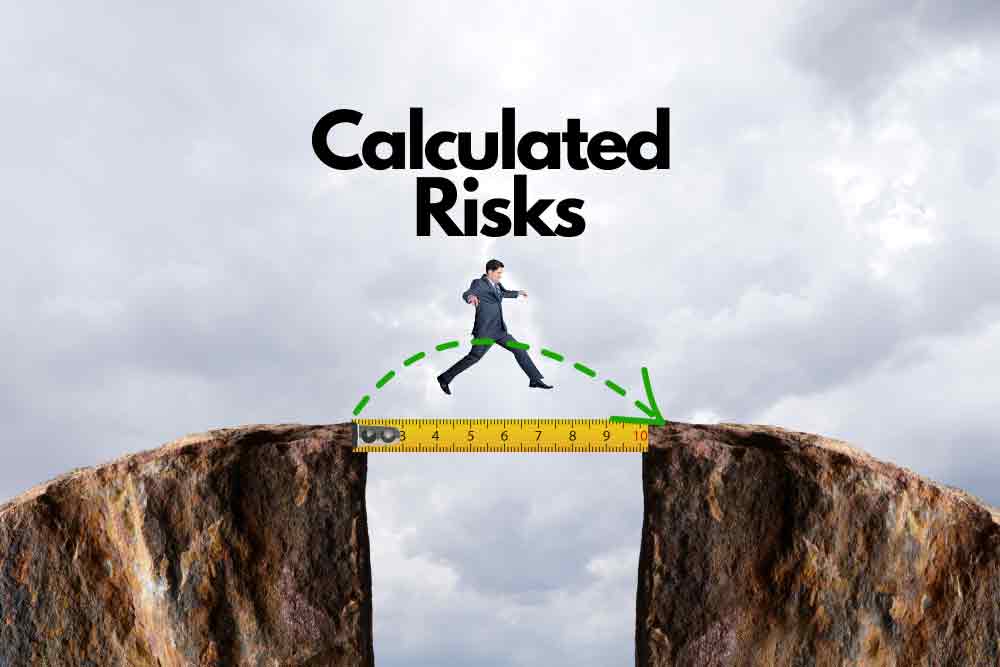Entrepreneurship
Master the Art of Calculated Risk-Taking in Business


Part of being an entrepreneur is taking risks. Taking these risks has made entrepreneurs more successful in their business.
Risks do not always result in success and this is why some entrepreneurs shy away from doing so, however, without taking that leap of faith you remain confined in your comfort zone hindering your potential for growth.
There is actually a way to make risks a lot more controllable. Making calculated risks may not be a surefire way to success but at most it could help you mitigate losses if somehow it fails.
Calculating risks involves carefully assessing the situation before deciding to enhance your chance of success.
Firstly, to help minimizes losses, thoroughly analyze the downsides and implement mitigation strategies to create safeguards if it fails.
Secondly, taking calculated risks will allow entrepreneurs to seize opportunities that are present. Whether it is a potentially hip product, trying to cash in on the opportunity will not be a problem because they know what risks they are getting into.
Lastly, taking calculated risks helps an entrepreneur grow. Even unsuccessful ventures can provide valuable insights that will be helpful in the future. An entrepreneur that embraces risk often becomes more mature in making decisions and is more confident.
Making calculated risks is a must-have for every entrepreneur. In this article, we will give you 5 tips to help make informed and calculated risks.
1) Comprehensive Research: Gather comprehensive market, audience, and competition information for informed decision-making.
2) Analyze Risk-Reward Ratio: Evaluate potential gains versus losses, considering financial, operational, and reputational impacts.
3) Create Contingency Plans: Prepare alternative strategies to mitigate losses and navigate unexpected challenges.
4) Seek Expert Advice: Consult industry experts or mentors for valuable insights and risk assessment guidance.
5) Start Small and Make Adjustments: Test ideas or products on a smaller scale, making adjustments to improve based on real-world feedback. Gradually scale up while minimizing risks.
Taking risks can be intimidating, but it also holds the potential for great rewards. Not every risk indeed leads to success, but even in failure, lies an opportunity to learn and grow. Embrace setbacks as stepping stones on your journey toward personal and professional growth. (ASC)

































